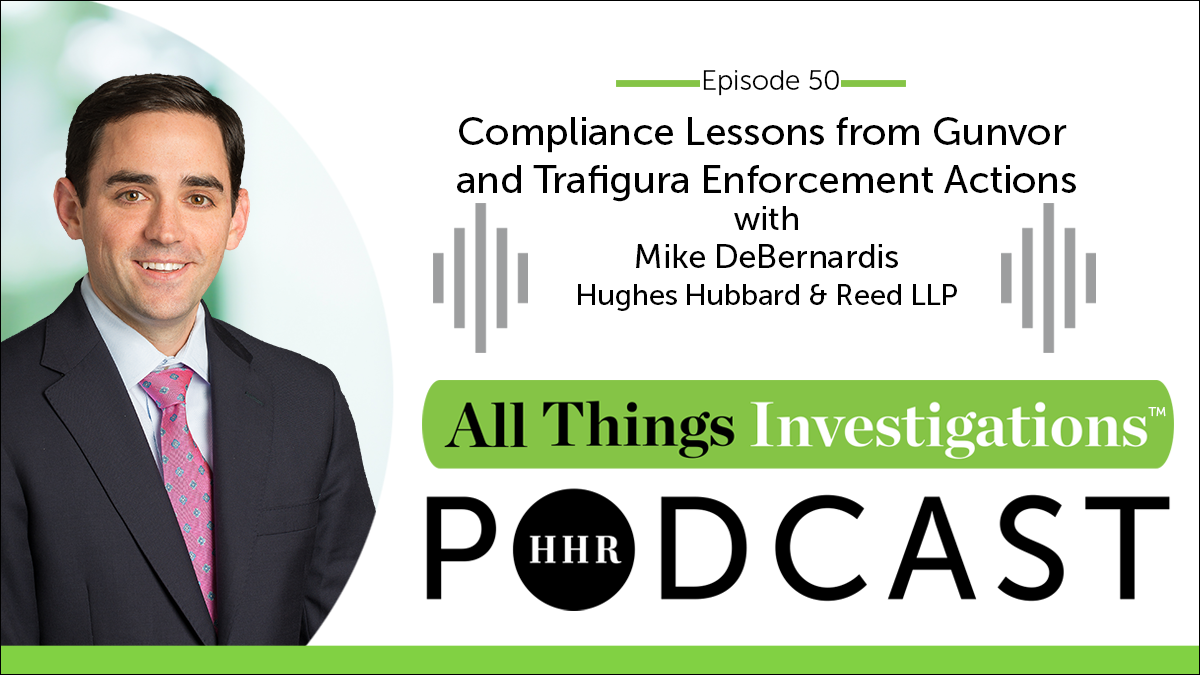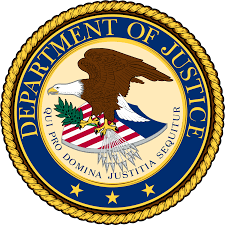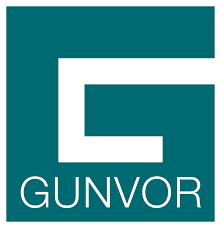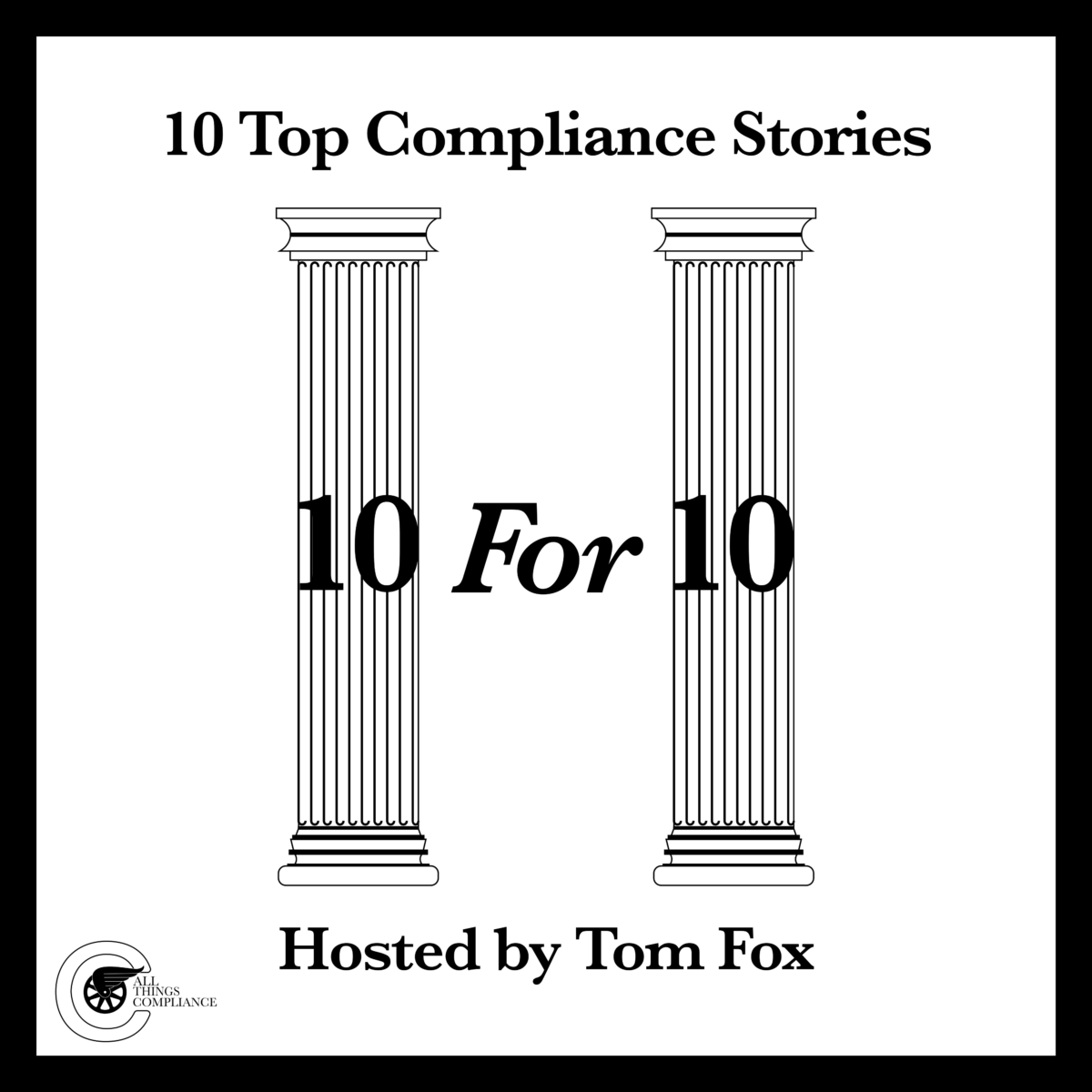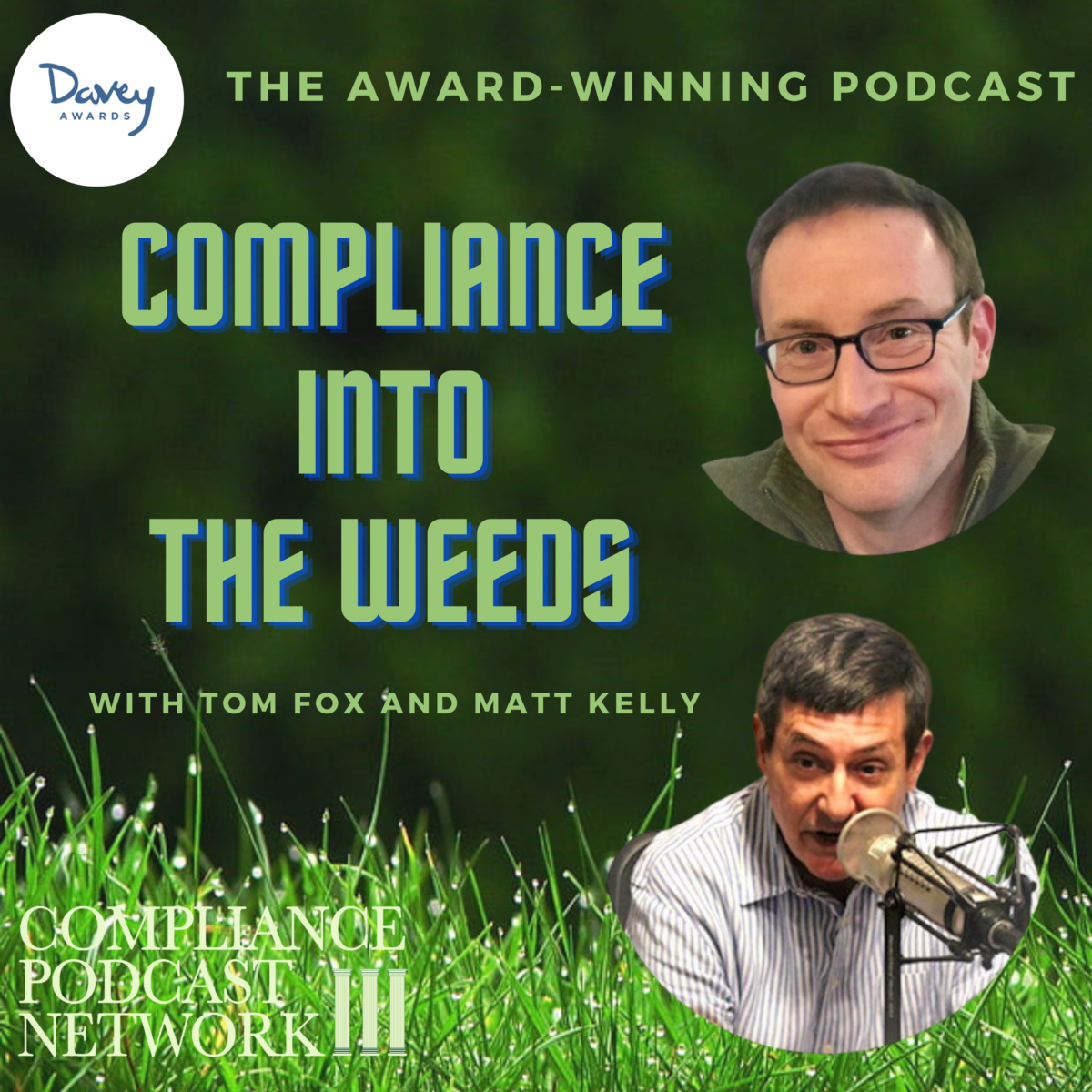We continue our exploration of the resolution of the FCPA enforcement action involving the Swiss trading firm Gunvor S.A. The enforcement action came in with a $661 million penalty against the company, which has pleaded guilty to bribing Ecuadorian government officials through the 2010s in exchange for intelligence about upcoming business contracts with the state-owned oil company of Ecuador. The matter was resolved via a Plea Agreement. Information detailing the company’s conduct was also issued.
The Gunvor bribery schemes ran for nearly 8 years. Between 2012 and 2020, Gunvor paid more than $97 million to intermediaries, knowing that some money was used to bribe Ecuadorean officials. Those officials included Nilsen Arias Sandoval, a then-high-ranking official at Petroecuador. To show the blatantness of the bribery scheme, Gunvor managers and agents attended meetings in the United States and elsewhere, and bribe payments were routed through banks in the United States using shell companies in Panama and the British Virgin Islands controlled by Gunvor’s co-conspirators. According to the DOJ, a Gunvor employee also directed one of the intermediaries to use the money to purchase an 18-karat gold Patek Philippe watch.
According to the Plea Agreement, the Brothers Ycaza, Antonio Pere, and Enrique Pere were agents for Gunvor who exercised control over companies and bank accounts in the United States and elsewhere. These accounts were used to facilitate the payment of bribes to Ecuadorian government officials to, among other things, obtain and retain business for Gunvor.
Gunvor paid over $97 million to the Brothers Ycaza via their companies, EIC and OIC. Several Gunvor employees, including Kohut, Gunvor Manager #1, and Gunvor Manager #2, knew and intended that some payments would be used to bribe Ecuadorian officials. After that, the Brothers Ycaza made millions of dollars in bribe payments on Gunvor’s behalf, directly and indirectly, to Ecuadorian officials identified by number in the Plea Agreement.
To do so, the Brothers Ycaza set up shell companies to launder Gunvor’s corrupt payments, entered into several service agreements to facilitate the payment of bribes, created fake invoices for purported consulting services, and used email accounts with pseudonyms to transfer funds to offshore shell companies involved in the conspiracy. The illegal payments were made through multiple bank accounts in the United States and abroad to conceal the bribes.
Gunvor Singapore made the corruption payments through a services agreement with the Brothers Ycaza and their company through EIC, which enabled the payment of bribes to Ecuadorian officials on Gunvor’s behalf. The agreement provided for certain prepayments and success fees, but the bulk of the compensation was through per-barrel “volume fee” payments to EIC that depended on the amount of oil purchased in connection with the oil-backed loan contract. Gunvor and EIC amended the services agreement several times to change, among other things, the amount of the volume fees due to be paid to EIC. The Brothers Ycaza used portions of the volume fees to pay bribes to Ecuadorian officials on Gunvor’s behalf. The volume fee compensation model for the Brothers Ycaza was increased multiple times to increase both their compensation and the amount of bribes being paid on behalf of Gunvor over the length of the bribery scheme.
In exchange for the bribes, Ecuadorian officials provided improper advantages to Gunvor, including (a) helping to direct Petroecuador to award contracts to State-Owned Entities for the ultimate benefit of Gunvor and (b) providing Gunvor, through certain of its employees and agents, information about Petroecuador that assisted Gunvor in corruptly obtaining and retaining business for Gunvor in connection with Petroecuador. This structure allowed Gunvor and its co-conspirators to avoid a competitive bidding process and obtain contractual terms they could not have otherwise. Gunvor also received confidential Petroecuador information in exchange for the bribes. Gunvor earned more than $384 million in profits from the contracts it obtained corruptly from Petroecuador.
In 2017, when the corrupt Petroecuador official Arias left the company, the Brothers Ycaza engaged other corrupt Petroecuador officials through cash bribe payments. This new scheme included effecting bribe payments on Gunvor’s behalf in exchange for confidential Petroecuador information about shipping windows. To facilitate this scheme phase, Gunvor continued to pay fees to the Brothers Ycaza through another company, OIC, on each barrel of oil products purchased in connection with their oil-backed loan contracts with Petroecuador. As in the prior phase of the scheme, Gunvor employee Kohut continued to coordinate the processing and payment of the invoices by Gunvor. Upon receiving funds from Gunvor, the Brothers Ycaza wired money to intermediaries based in Ecuador, who then arranged for the bribes to be delivered in cash to Ecuadorian officials within Petroecuador, who provided confidential Petroecuador information to Gunvor.
Gunvor employees and officers participating in the bribery scheme worked to conceal their illegal actions. One Gunvor Manager instructed Kohut to communicate using personal email accounts. The Brothers Ycaza also used personal or pseudonymous email accounts to speak about the scheme. Alias were often used rather than their actual names.
Interestingly, and perhaps equally troublingly, Gunvor executives and compliance personnel knew that Gunvor had paid the Brothers Ycaza tens of millions of dollars. This was without receiving other supporting documentation for EIC’s or OIC’s business activities on Gunvor’s behalf. Between May 2018 and May 2020, Gunvor executives and compliance personnel requested the Brothers Ycaza (i) for supporting documentation to justify the commission payments and (ii) to meet with executives and compliance personnel. The Brothers Ycaza repeatedly failed to respond entirely to Gunvor’s documentary requests and would not travel to Gunvor’s headquarters for the requested meeting. Finally, the Plea Agreement dryly noted, “Notwithstanding these repeated failures, Gunvor continued to make corrupt payments to entities owned and controlled by Antonio Pere and Enrique Pere until approximately January 2020, at which time Gunvor suspended payments to OIC.”
It is unclear from any resolution documents or the DOJ Press Release how the bribery scheme was uncovered or even ended. It may have been through a DOJ investigation into one of the other corrupt companies that came to grief working in Ecuador or with Petroecuador. It is clear that Gunvor did not self-disclose.
Join us tomorrow, and we will consider Gunvor’s steps after the DOJ knocks.


